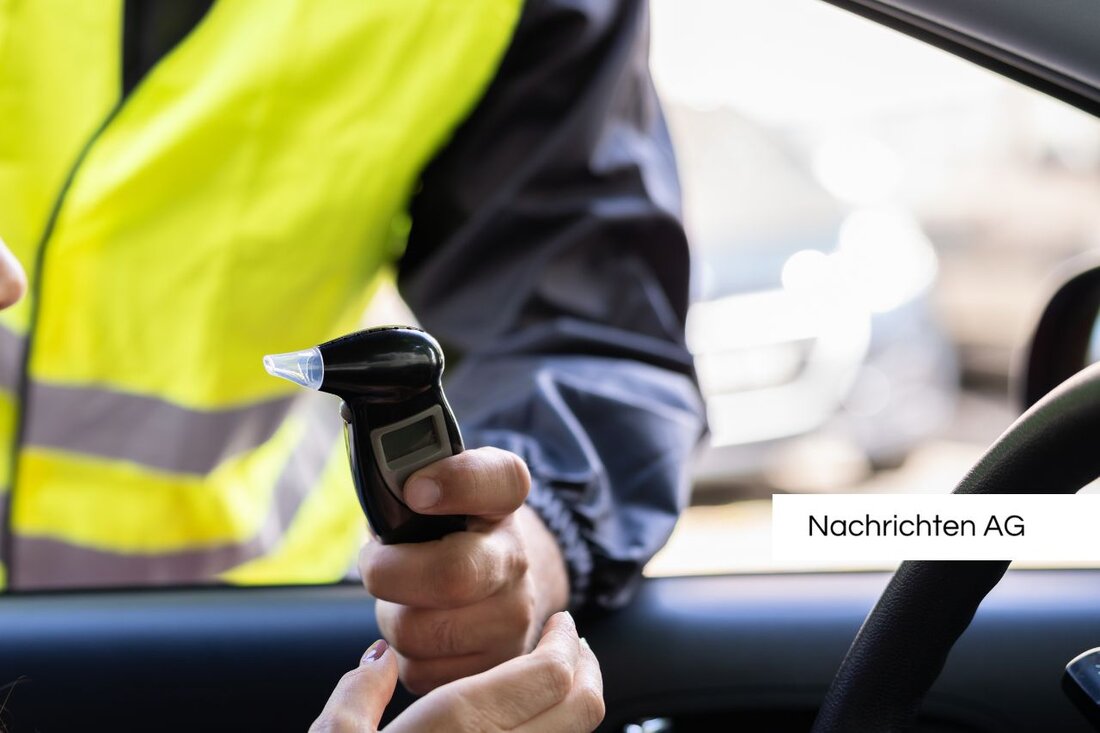Aggression in clinics: nursing staff fight against angry patients
Aggression in clinics: nursing staff fight against angry patients
Neubrandenburg, Deutschland - more and more often, medical and nursing staff are faced with the aggressive behavior of patients and relatives in emergency rooms. This goes from reports by the chief doctor of the central emergency room at the Dietrich-Bonhoeffer-Klinikum Neubrandenburg, Dr. Regina Tanzer. It describes that between 120 and 130 patients are treated every day, which amounts to over 41,000 patients annually. During this time, employees are often exposed to insults, threats and even physical attacks; A colleague reported that a thrown fire extinguisher injured him. These aggression are often associated with alcohol or drug use.
The situation in the emergency room reflects social problems such as the lack of doctors and alcohol abuse. Patients bring rising demands that are not always part of the treatment tasks of an emergency room. Especially the waiting times that have increased during and after the corona pandemic are an essential trigger for increasing aggressiveness.
violence and aggression in healthcare
Beatrice Tschorn, nursing manager at the DRK Hospital Neustrelitz, confirms an increase in threats and insults in her observations. At the Demmin district hospital, verbal derailments are common, but physical aggression rarely. Nevertheless, there were incidents that required a police operation, for example the case of a mentally impaired patient with a firearm.
In order to increase the safety of employees, institutions rely on various protective mechanisms. This includes de -escalation training that is offered in many clinics, as well as technical innovations such as video surveillance. In the DRK Hospital Neustrelitz, training, workshops and crisis talks for violence prevention and self-protection are organized in rough work environments.
The Müritz Clinic is planning regular training on these topics in the near future. In addition, structured waiting and treatment areas could help defuse conflicts. The clinic is currently fighting for funding for the construction of such a facility. At night, guard protection employees are present in the emergency room to calm the situation.
de -escalation training in healthcare
The importance of de -escalation training is increasingly recognized. These are established and enjoy popularity, but have no uniform standards in Germany. The "Network Aggression Management in Health and Social Affairs" (NAGS-Germany) has developed a guideline for planning and implementing training in aggression and de-escalation management in cooperation with NAGS Austria and NAGS. Employees enable employees to deal with aggression or violent events and act.
The training sessions according to the NAGS guideline should ensure that all employees in this sector develop the necessary skills for early conflict recognition and reaction. Verbal and non -verbal techniques are taught that can promote communication and reduce aggression. Systematic de-escalation management is part of a violence prevention concept that is essential for maintaining a safe work environment. ASU-Occupational Medicine Must take protective measures, including the implementation of de -escalation training.
In view of the study on high rates of violence at the workplace in the health and social sector, the call for comprehensive de-escalation management against the background of rising aggression is not only comprehensible, but absolutely necessary. The developments in the region clinics make it clear that there is an urgent need for action.| Details | |
|---|---|
| Ort | Neubrandenburg, Deutschland |
| Quellen | |


Kommentare (0)